In a moment that reverberated through the global K-pop community, Bain, a member of the South Korean boyband Just B, stood on stage during a concert in Los Angeles in April 2025 and declared his truth to thousands of fans. Clad in an oversized fur coat and black sunglasses, the 24-year-old paused the performance to share a life-altering announcement: “I’m [expletive] proud to be part of the LGBTQ community!” The crowd’s response was electric—screams of support and thunderous applause filled the venue as Bain transitioned into performing Lady Gaga’s iconic pride anthem, “Born This Way.” This wasn’t just a concert; it was a historic moment that positioned Bain as one of the most publicly visible gay K-pop idols in an industry where such revelations remain rare and risky. This article delves into Bain’s journey, the cultural and historical context of his announcement, and its potential to reshape the K-pop landscape, exploring the intersections of identity, music, and societal change in South Korea and beyond.
Bain’s Journey: From Secrecy to Spotlight
Early Realizations and the Weight of Secrecy
Bain, born Song Byeonghee, was only 12 years old when he first recognized his attraction to men. Growing up in South Korea, a country where traditional values often overshadow progressive ideals, he felt compelled to conceal his identity. As a young teenager entering the rigorous world of K-pop training, Bain internalized the belief that being gay was “not allowed.” The K-pop industry, known for its polished image and intense scrutiny of idols’ personal lives, left little room for deviations from the expected norm. “It wasn’t something I questioned… I just thought I had no choice,” Bain shared in an interview with BBC News at his Seoul studio. The absence of visible gay role models in his environment reinforced this sense of isolation, leading him to believe that pretending to be someone he wasn’t was the only path forward.
The pressure to conform is a hallmark of K-pop culture, where idols are often marketed as idealized figures—perfectly choreographed, impeccably styled, and seemingly unattainable. For Bain, the years spent hiding his sexuality while pursuing his dream of becoming a K-pop star took a significant emotional toll. “I was so overwhelmed, I thought maybe I can’t be an idol at all,” he admitted. The internal conflict between his authentic self and the persona demanded by the industry created a sense of dissonance that threatened to derail his career before it fully began.
A Turning Point: Opening Up to Family and Team
The turning point came about three years ago when Bain, then around 21, decided to confide in his mother. In a heartfelt conversation that lasted an hour, he revealed, “I like men more than women.” Her initial reaction was complex—she expressed sadness, not out of rejection but out of concern for the challenges her son would face in a society that often stigmatizes homosexuality. She suggested he might “overcome” his feelings, reflecting a common misconception in conservative circles that sexual orientation is a phase or choice. Yet, her love for her son prevailed. “You’re my son, so I love you, I support you,” she told him, offering a bittersweet affirmation that left Bain both grateful and melancholic.
This familial support, though imperfect, gave Bain the courage to share his identity with his Just B bandmates and their management. To his relief, they encouraged him to embrace his truth publicly. This backing was crucial, as the K-pop industry is notorious for its control over idols’ public personas, often discouraging any disclosures that might disrupt fan expectations or commercial success. With his team’s support, Bain began to envision a moment where he could break free from the secrecy that had defined much of his career.
The Stage That Changed Everything
The opportunity arrived during Just B’s world tour in 2025, with their final U.S. stop in Los Angeles. In front of thousands of fans, Bain chose to make his announcement, a decision that was both spontaneous and deeply considered. “Before I start the next song, I want to share something with you guys,” he said, his voice steady despite the weight of the moment. After declaring his pride in being part of the LGBTQ community, he launched into “Born This Way,” a song that has become a global anthem for self-acceptance. The choice of song was deliberate, aligning Bain’s personal liberation with a universal message of empowerment.
Reflecting on the moment, Bain told the BBC that he wasn’t nervous but focused on “sounding cool.” This composure belies the immense courage required to make such a declaration in an industry where even heterosexual relationships can spark controversy. The audience’s enthusiastic response validated his decision, and the moment marked a turning point not only for Bain but also for the broader conversation around LGBTQ representation in K-pop.
The Cultural Context: K-Pop and Conservatism in South Korea
South Korea’s Social Landscape
South Korea is a nation of contrasts—technologically advanced and globally influential, yet deeply rooted in traditional values. Despite its modern facade, the country remains socially conservative, particularly regarding issues of gender and sexuality. Powerful religious institutions, particularly conservative Christian churches, often frame homosexuality as a sin or a condition to be “cured.” Same-sex marriage is not legally recognized, and public displays of affection between same-sex couples can attract disapproval or hostility. A 2019 Pew Research Center survey indicated that 44% of South Koreans accepted homosexuality, a significant increase from 25% in 2002, but still reflective of a divided society.
The government’s emphasis on traditional family structures further complicates the landscape. With South Korea facing the world’s lowest birth rates, policies often prioritize encouraging marriage and procreation, reinforcing heteronormative ideals. This cultural backdrop makes Bain’s public coming out particularly significant, as it challenges deeply entrenched norms in a society where conformity is often prized over individuality.
K-Pop’s Global Influence and Internal Constraints
K-pop’s rise to global prominence over the past two decades is nothing short of remarkable. Groups like BTS, BLACKPINK, and EXO have transformed South Korea into a cultural powerhouse, exporting music, fashion, and aesthetics to millions worldwide. Yet, the industry’s global reach has not fully dismantled its conservative foundations. K-pop idols are expected to maintain a carefully curated image, often avoiding discussions of personal relationships to preserve the fantasy of availability that fuels fan devotion. “K-pop has spent nearly 25 years avoiding the topic of sexuality altogether,” noted cultural critic Lim Hee-yun. “Even heterosexual relationships are hidden to protect fan fantasies.”
This culture of secrecy extends to all aspects of an idol’s life, but it is particularly acute for those who identify as LGBTQ. The industry’s reliance on fan loyalty, particularly among female fans who form the majority of many boybands’ audiences, creates a delicate balance. Coming out risks alienating fans who project romantic fantasies onto idols, a dynamic that pop culture columnist Min Yong-Jun described as potentially “shattering the illusion” of attainability.
Historical Precedents: LGBTQ Representation in South Korean Entertainment
Bain’s announcement is not the first instance of an LGBTQ celebrity in South Korea, but it is among the most public. In 2000, actor Hong Seok-Cheon became the first major Korean celebrity to come out as gay, a decision that led to his exclusion from television shows and advertisements. His experience highlighted the punitive consequences of defying societal norms at the time. Since then, progress has been slow but noticeable. In 2018, Holland debuted as South Korea’s first openly gay K-pop artist, releasing music that explicitly addressed queer themes. However, he faced significant challenges securing a record label, underscoring the industry’s reluctance to embrace openly LGBTQ artists.
In 2020, Jiae, a former member of the girl group Wassup, came out as bisexual, further pushing the boundaries of visibility. Both Holland and Jiae’s experiences illustrate the barriers faced by queer idols, from industry gatekeeping to societal prejudice. Bain’s announcement, however, stands out for its scale and immediacy—delivered on a global stage to a live audience, it bypassed the gradual disclosures of his predecessors and demanded immediate attention.
The Impact of Bain’s Announcement
A Beacon of Hope for the LGBTQ Community
Bain’s coming out has resonated deeply with South Korea’s LGBTQ community and fans worldwide. A 26-year-old transgender woman, who preferred anonymity, shared with the BBC, “When someone like an idol comes out, it gives people like me a sense that we are not alone. It brings comfort… makes me think, maybe I’m ok the way I am.” This sentiment reflects the profound impact of visibility in a society where marginalization remains common. For many, Bain’s announcement is a beacon of hope, signaling that acceptance is possible even in a conservative industry.
Online, the response has been overwhelmingly positive, with fans expressing admiration for Bain’s courage. A gay fan commented on YouTube, “Thanks to Bain, I’ve found the courage to keep going,” highlighting the ripple effect of his actions. International fans, particularly from countries with more progressive attitudes toward LGBTQ rights, have been vocal in their support. Lia, a lesbian K-pop fan from the United States, told the BBC, “The bravery and courage he displayed by coming out… [was] admirable,” especially given South Korea’s ongoing challenges with acceptance.
Challenges and Backlash
Despite the positive reception, Bain’s announcement has not been universally embraced. South Korea’s growing conservative movement, particularly among young men who adhere to anti-feminist and traditionalist ideologies, has expressed disapproval. These groups often view challenges to traditional gender roles as threats to societal norms, a sentiment amplified by the government’s and religious institutions’ emphasis on conventional family values. Online comments have ranged from supportive to apathetic to outright hostile, reflecting the polarized views within South Korea.
The K-pop industry itself remains cautious. While Bain’s band, Just B, is not among the most globally recognized groups, his announcement has sparked discussions about the potential risks for more prominent idols. “If a member of a global boyband had come out as gay, it might have been explosive,” Lim Hee-yun noted, suggesting that Bain’s relatively smaller platform may have mitigated some of the backlash. Nevertheless, the industry’s market-driven nature means that any deviation from the norm carries commercial risks, particularly for idols reliant on female fanbases.
A Catalyst for Change?
Bain’s announcement has been described as a “symbolic and powerful” challenge to the K-pop industry’s silence on sexuality, according to Lim Hee-yun. By coming out so publicly, Bain has opened a door for greater visibility and dialogue. “Because I came out, others felt safe to do so too,” Bain reflected, recalling how fans approached him after the concert to share their own identities. This reciprocal exchange underscores the transformative potential of his actions—not only for himself but for others who see his courage as permission to embrace their truths.
However, immediate change in the K-pop industry is unlikely. The market dynamics, as Min Yong-Jun pointed out, prioritize fan fantasies and commercial viability. Yet, Bain’s decision has sparked a broader conversation about representation and authenticity in K-pop. As South Korea’s cultural influence continues to grow, international fans with diverse perspectives may push the industry toward greater inclusivity. Events like the Seoul Queer Culture Festival, which saw thousands parade with rainbow flags in June 2025, indicate a slow but steady shift in public attitudes.
Enriching Context: K-Pop’s Evolution and Global Impact
The Rise of K-Pop
K-pop’s journey from a niche genre to a global phenomenon began in the late 1990s with groups like H.O.T. and S.E.S., who laid the groundwork for the industry’s modern structure. The “Hallyu” or Korean Wave, propelled by strategic government support and the rise of digital platforms, transformed K-pop into a multi-billion-dollar industry by the 2010s. Groups like BTS have achieved unprecedented success, selling out stadiums worldwide and topping global charts, while BLACKPINK’s influence extends to fashion and film.
This global reach has introduced K-pop to diverse audiences, many of whom bring progressive values that contrast with South Korea’s conservative norms. Fans in Western countries, where LGBTQ rights are often more advanced, have increasingly called for inclusivity in the industry, creating tension between global expectations and domestic realities.
Music as a Platform for Identity
Music has long been a medium for exploring and expressing identity, and K-pop is no exception. While the industry has historically shied away from explicit discussions of sexuality, artists like Holland have used their music to challenge norms, releasing songs with queer narratives. Bain’s performance of “Born This Way” during his coming out moment was a nod to this tradition, leveraging a globally recognized anthem to amplify his message. The choice of Lady Gaga, an artist synonymous with LGBTQ advocacy, added a layer of cultural resonance, connecting Bain’s personal story to a broader movement for acceptance.
The Role of Fandom in K-Pop
K-pop fandoms are a driving force behind the industry’s success, characterized by intense loyalty and organized support. Fans, known as “stans,” engage in activities like streaming music, voting in awards, and purchasing merchandise, often forming deep emotional connections with idols. This dynamic makes coming out particularly fraught, as it risks disrupting the parasocial relationships that fuel fan engagement. Bain’s decision to prioritize authenticity over maintaining this illusion reflects a shift toward valuing personal integrity over commercial expectations, a move that may inspire other idols to follow suit.
Looking Forward: The Future of LGBTQ Representation in K-Pop
Bain’s announcement is a milestone, but its long-term impact remains uncertain. The K-pop industry’s reliance on traditional fan dynamics and South Korea’s conservative social fabric suggest that change will be gradual. However, Bain’s courage has already inspired fans and fellow artists, creating a ripple effect that could pave the way for greater acceptance. “I’ve spent so long pretending… I realised that because I came out, others felt safe to do so too,” he said, encapsulating the power of visibility.
As K-pop continues to evolve, the influence of international fans and global cultural shifts may accelerate progress. The industry’s ability to adapt to changing values while maintaining its commercial dominance will be a key factor in determining whether Bain’s moment marks a true turning point. For now, his story stands as a testament to the power of authenticity in an industry built on illusion, offering hope to those who, like Bain, seek to live their truth in the spotlight.
“I should have done this sooner,” Bain reflected, recalling the fans who thanked him for giving them the courage to embrace their own identities.
Bain’s journey—from a young boy grappling with his identity to a K-pop idol breaking barriers on a global stage—is a powerful reminder that change, though slow, is possible. His story is not just about one artist’s courage but about the potential for a more inclusive future in K-pop and beyond.

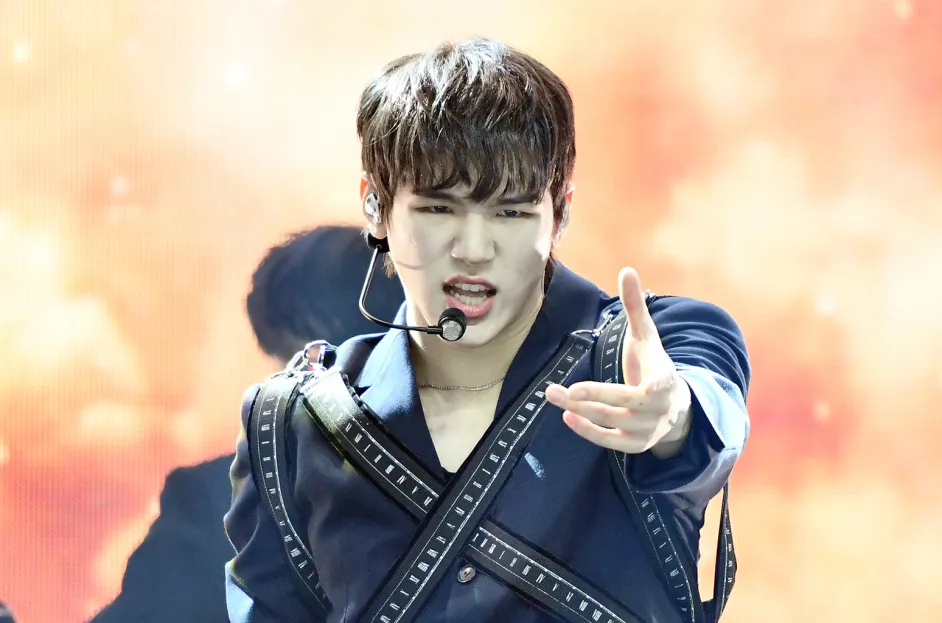

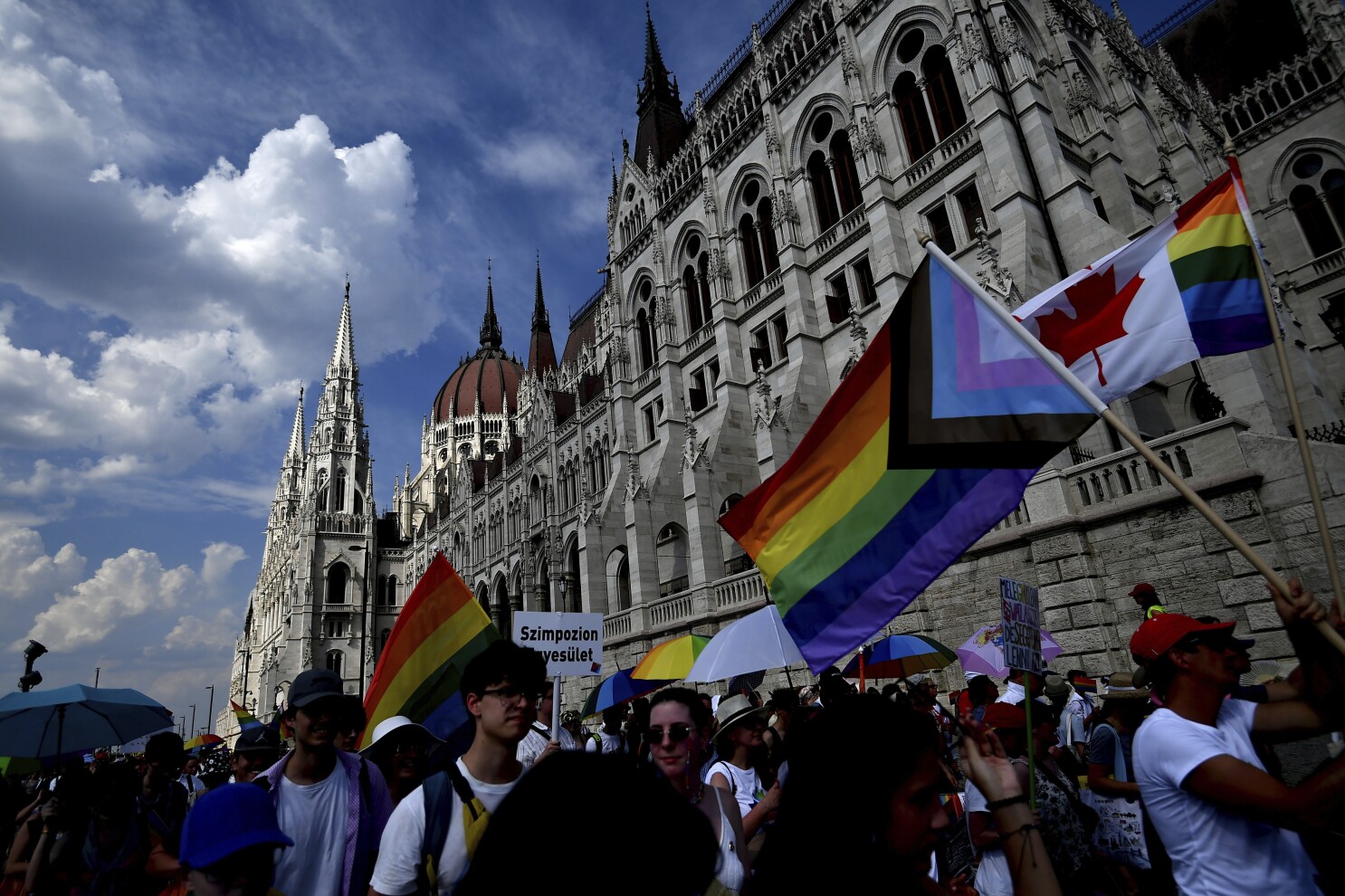










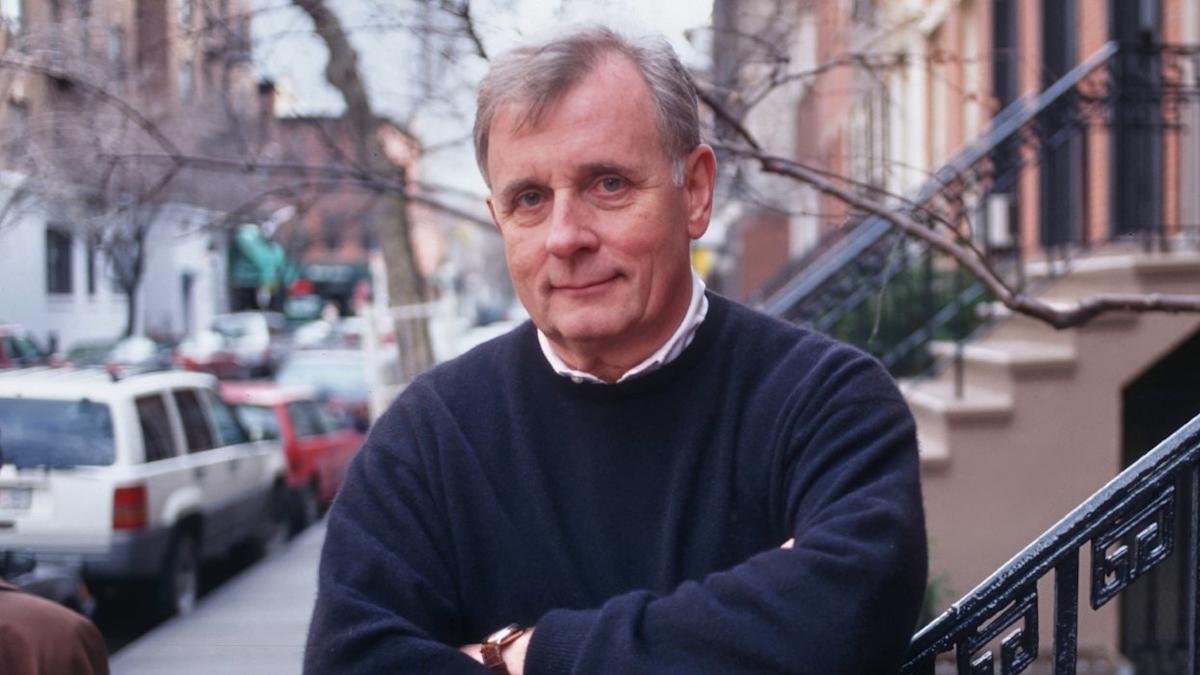
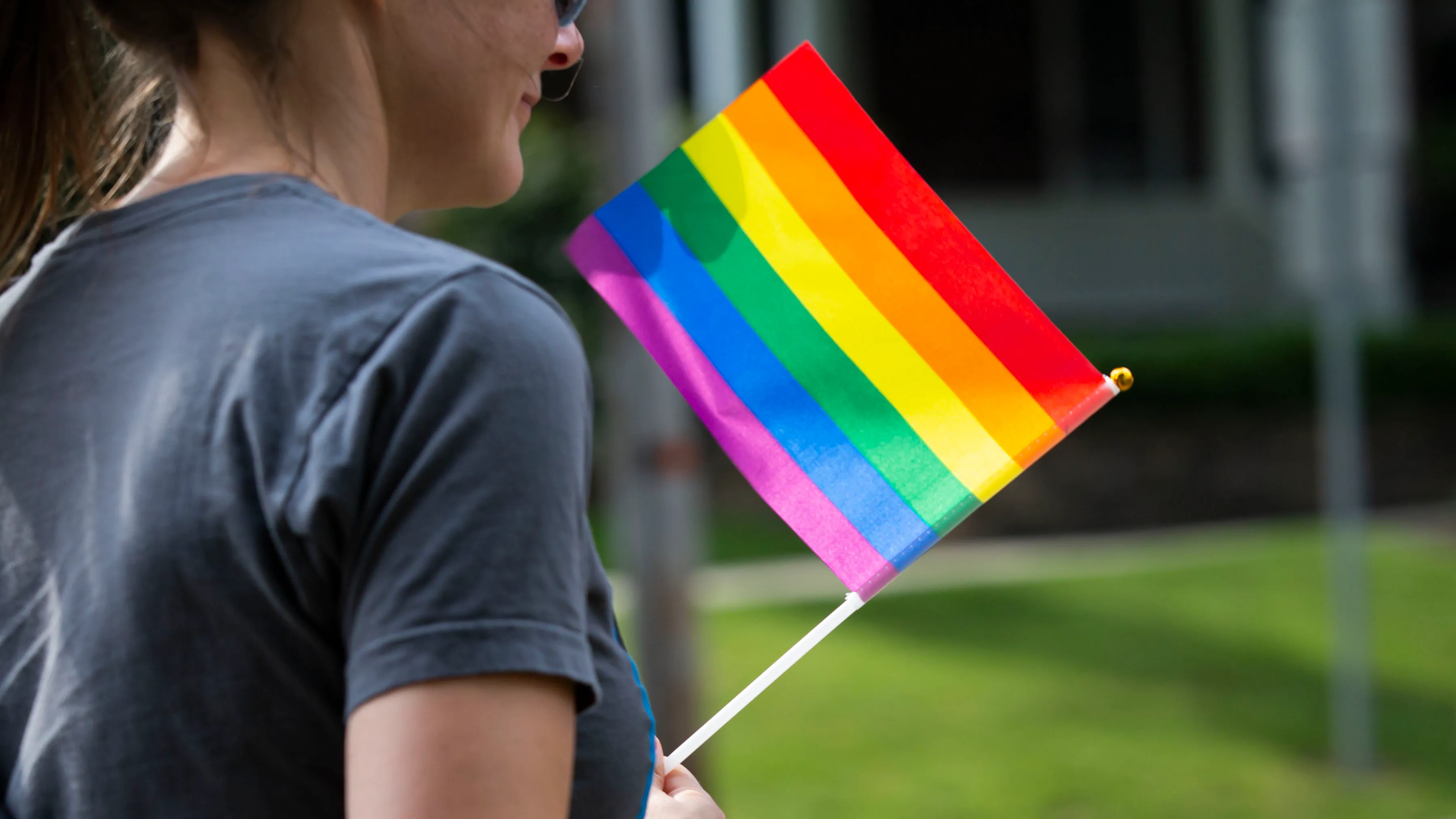
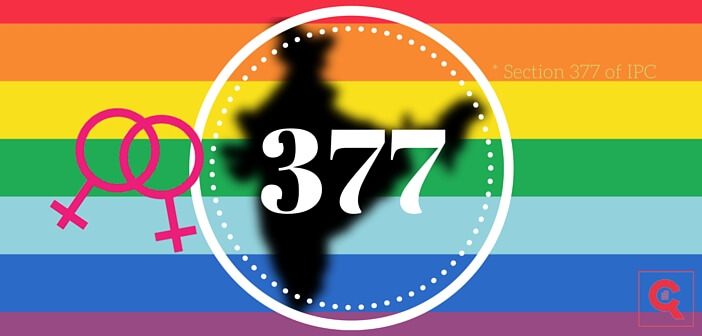
0 Comments